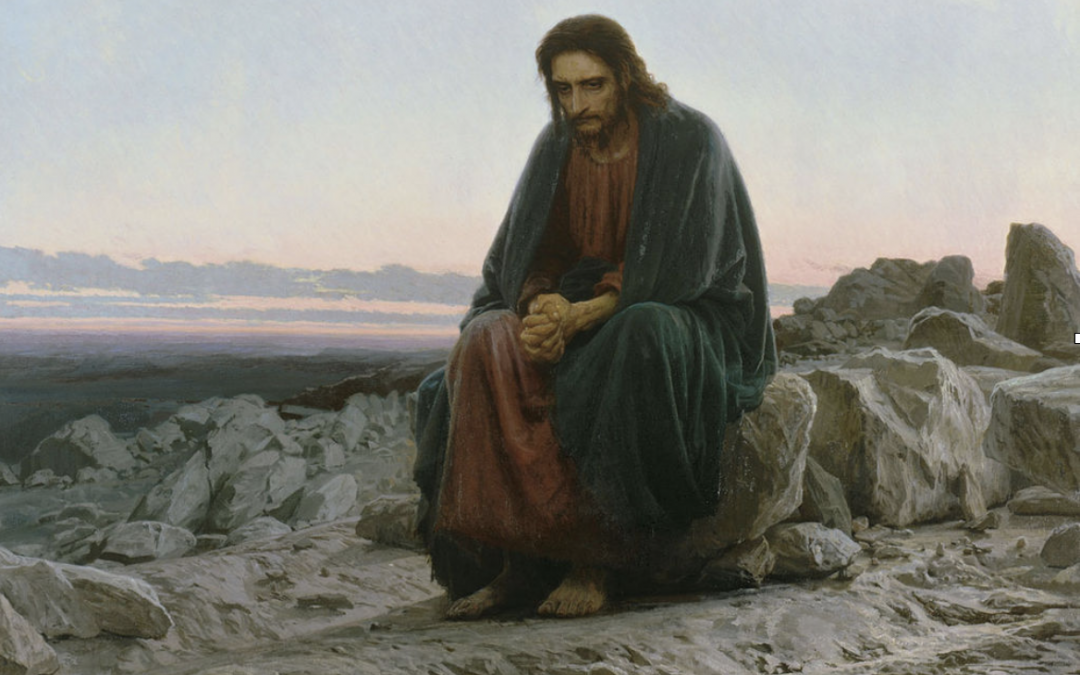“The Eucharist thus appears as the culmination of all the sacraments in perfecting our communion with God the Father by identification with his only-begotten Son through the working of the Holy Spirit. With discerning faith a distinguished writer of the Byzantine tradition voiced this truth: in the Eucharist “unlike any other sacrament, the mystery [of communion] is so perfect that it brings us to the heights of every good thing: here is the ultimate goal of every human desire, because here we attain God and God joins himself to us in the most perfect union”.Precisely for this reason it is good to cultivate in our hearts a constant desire for the sacrament of the Eucharist. This was the origin of the practice of “spiritual communion”, which has happily been established in the Church for centuries and recommended by saints who were masters of the spiritual life. Saint Teresa of Jesus wrote: “When you do not receive communion and you do not attend Mass, you can make a spiritual communion, which is a most beneficial practice; by it the love of God will be greatly impressed on you”.
ENCYCLICAL LETTER ECCLESIA DE EUCHARISTIA OF HIS HOLINESS POPE JOHN PAUL II – April 17, 2003
Just as Jesus fasted in the desert for 40 days without any nourishment of his physical body, we are being asked to fast from the fullest nourishment of our spiritual bodies. For the first time in modern history, Catholics, on a large scale, are deprived of the Sacraments due to COVID-19. Oddly, or perhaps providentially, this has occurred during the highest points of the liturgical year: Lent and Easter. With churches closing, I have seen two different reactions within Catholic circles.
One camp appears scandalized by Church authorities’ decisions to close churches, while the other would prefer even greater measures to ensure social distancing among Catholics (further limiting the availability of our priests to administer the Sacraments), even in the case of grave illness or imminent death. While I personally believe the appropriate reaction lies somewhere in the middle, the fears and worries of both sides are understandable. The tension between these two camps is a reflection of the human tendency to cling to extremes. This is nothing new in the Church.
While I am far from having the authority to say what exactly should be done on this matter, I can look to Church teaching to show me what I can and should do.
Body Vs. Soul
Receiving the Eucharist during COVID-19
Throughout the centuries, the Church has combated heresies that deny the value and good of the physical body (and thus our responsibility to care for it) as well as heresies that undermine the supremacy of the soul.
But the Church teaches and continues to teach that the body and soul have an integral unity. While the spiritual life does indeed hold primacy over and in fact give life to our physical bodies, this primacy does not eliminate our responsibility to care for the bodies which are made in the image and likeness of God.
“The human body shares in the dignity of “the image of God”: it is a human body precisely because it is animated by a spiritual soul, and it is the whole human person that is intended to become, in the body of Christ, a temple of the Spirit:
Man, though made of body and soul, is a unity. Through his very bodily condition he sums up in himself the elements of the material world. Through him they are thus brought to their highest perfection and can raise their voice in praise freely given to the Creator. For this reason man may not despise his bodily life. Rather he is obliged to regard his body as good and to hold it in honor since God has created it and will raise it up on the last day ”
CCC 364
The Church teaches that the human person is an integral unity of body and soul. Because we must honor our physical bodies, it follows we must do what is in reason to protect our physical health. However, this also does not eliminate our responsibility to seek nourishment for our souls. Both are still required! So, what do we do?
Although we cannot physically receive the Sacrament of the Eucharist and nourish our souls most fully in the current environment, the infinite mercy and love of God allow us to receive grace through the practice of Spiritual Communion. This is something we have the ability to do here and now. Through our simple desire for the Blessed Sacrament and acts of love, our capacity to receive God increases. Isn’t that the whole goal of Lent, to increase our capacity to receive God? Perhaps God is allowing us amidst this global pandemic to grow in our desire for Him through the practice of Spiritual Communion.
While we have no power or authority over what our individual bishops decide to do, we should assume they are aware of the consequences and benefits of their actions. After all, they have been entrusted by God to lead the Church.

When We Return
Returning to Mass and gathering in community
When we can once more return to the physical presence of the Blessed Sacrament and churches reopen, it is reasonable to fear that some may not see the need to return or gather in physical community. The question will arise: If I was able to receive communion spiritually before, why can’t I continue to do so? Why do I need physical reception of the sacraments if Spiritual Communion was enough during social-distancing?
Spiritual Communion does not diminish our need for physical participation in the Sacraments; rather it emphasizes it. Spiritual communion is only possible as a direct result of the physical communion we receive in the Sacrament of the Eucharist and is a reflection of this reality. It is an act of desire for the Sacrament. And while it is not the same as receiving the Sacrament in its fullness, the mere desire has the capacity to change our hearts. It does not lessen the value of the physical sacrament, but points to it.
The Eucharist is “the source and summit of the Christian life.’The other sacraments, and indeed all ecclesiastical ministries and works of the apostolate, are bound up with the Eucharist and are oriented toward it. For in the blessed Eucharist is contained the whole spiritual good of the Church, namely Christ himself, our Pasch.’”
CCC 1324
The whole of the liturgical life and life of faith finds its completion and fulfillment in the Paschal Mystery. Everything we do should be oriented towards the reception of the Blessed Sacrament. If we believe that in the Eucharist, bread and wine are transformed through transubstantiation into the body and blood of Christ Himself (which we as Catholics do), why would we not go running towards it with every fiber in our body? And if we earnestly resolve to make Spiritual Communions throughout these days of fasting, it should follow that our desire to receive the true presence will grow even greater.
We would not be able to make a Spiritual Communion if our priests did not continue to offer the Most Holy Sacrifice of the Mass on our behalf. While we live in a confusing time, we know that this Sacrifice is not lacking from our world even though we cannot be in its physical presence. We can only accomplish what is in our power. And we never lose our power to pursue God.

